You are here
Back to topChina Releases Phytosanitary Rules for Fresh Colombian Bananas and Limes
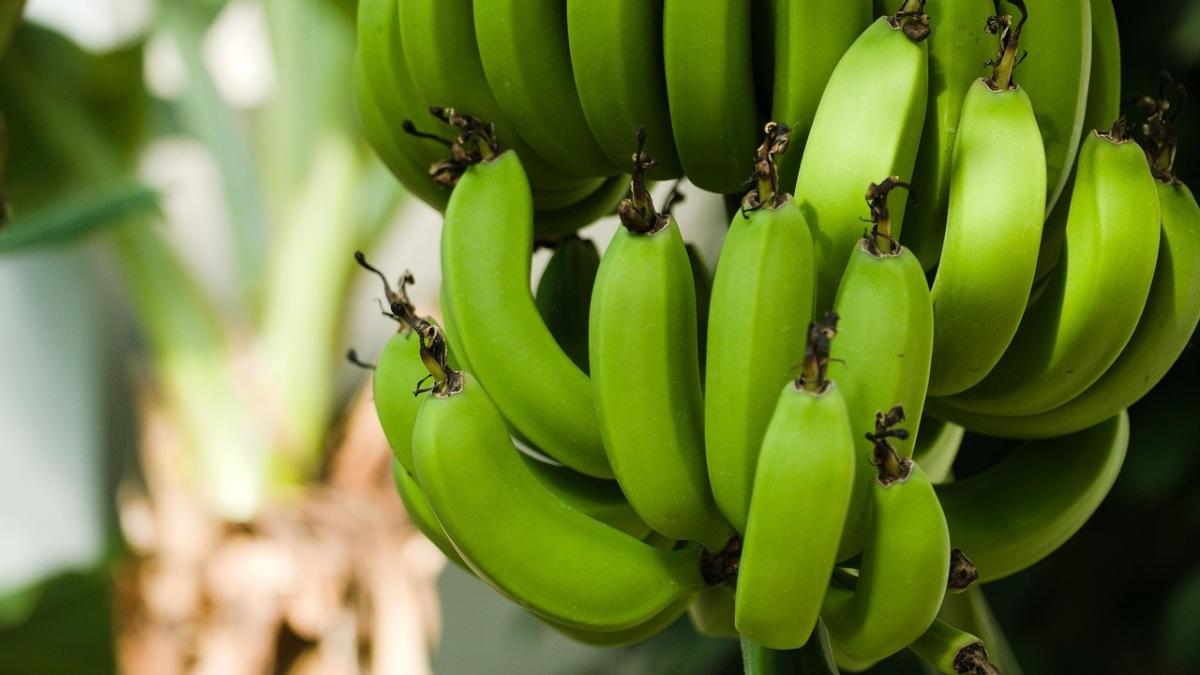
On May 26, the General Administration of Customs of China released via its website the phytosanitary requirements for fresh bananas and Tahiti limes from Colombia. Prior to each export season, the Agricultural and Livestock Administration under the Colombian Ministry of Agriculture and Rural Development must submit an updated list of registered orchards and packaging facilities to the GACC. Following review and approval, the GACC will publish the list on its website.
Colombia is the world’s fifth-largest banana exporter and has had market access to China for many years. However, persistent challenges such as inconsistent supplies of high-quality produce, high shipping costs and intense market competition have continued to hinder the large-scale export of Colombian bananas to China. The latest announcement by the GACC further clarifies the phytosanitary requirements.
Limes are Colombia’s third-largest fresh fruit export, following bananas and avocados. Tahiti limes, the most widely cultivated variety, provide a stable year-round supply. With their thin skin, seedless nature, fragrant and juicy flesh, and small size without bitterness, they are ideal for fresh consumption, juicing and beverage preparation.
The GACC announcement specifies that only unripe bananas with intact peels (no cracking) are permitted for import. China has identified a total of eight quarantine pests of concern. These include the spiraling whitefly (Aleurodicus dispersus), banana mealybug (Dysmicoccus grassii), gray pineapple mealybug (Dysmicoccus neobrevipes), lesser snow scale (Pinnaspis strachani), Jack Beardsley mealybug (Pseudococcus jackbeardsleyi), West Indian red scale (Selenaspidus articulatus), stellate scale (Vinsonia stellifera) and the bacterial pathogen Ralstonia solanacearum race 2.
Shipments from unregistered orchards or packing facilities will be denied entry. Bananas that are mature or have cracked peels will be destroyed. If R. solanacearum race 2 is detected, the shipment will be returned or destroyed. If any other listed phytosanitary pests or branches, leaves or soil are found, the shipment will be returned, destroyed or subjected to pest control. If a shipment fails to meet China’s national food safety standards, it will be returned or destroyed.
For Tahiti limes, a total of five quarantine pests of concern have been identified. These include the gray pineapple mealybug (Dysmicoccus neobrevipes), Cockerell scale (Lopholeucaspis cockerelli), passionvine mealybug (Planococcus minor), West Indian red scale (Selenaspidus articulatus) and citrus Hindu mite (Schizotetranychus hindustanicus). The GACC also stipulated that shipments from unregistered orchards or packing facilities will be denied entry. If any listed phytosanitary pests or soil or plant residues are found, the shipment will be returned, destroyed or subjected to pest control. If a shipment fails to meet China’s national food safety standards, it will be returned or destroyed.
Image: Pixabay
This article was translated from Chinese. Read the original article.



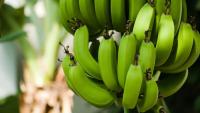
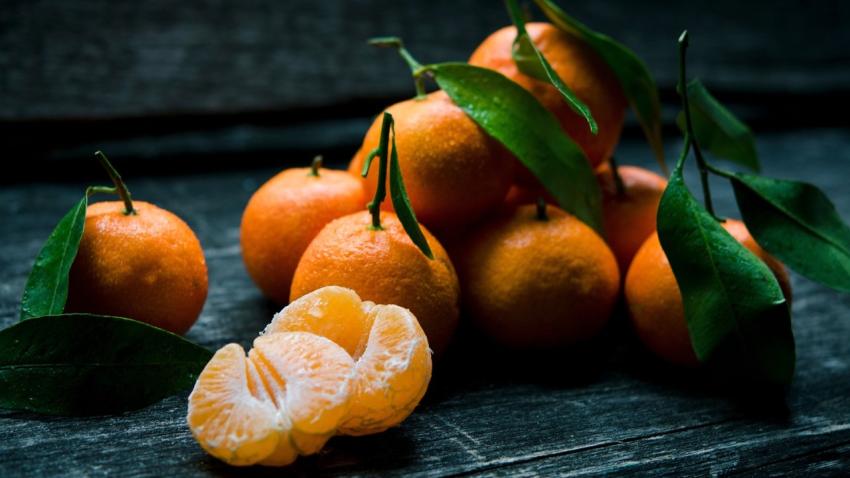
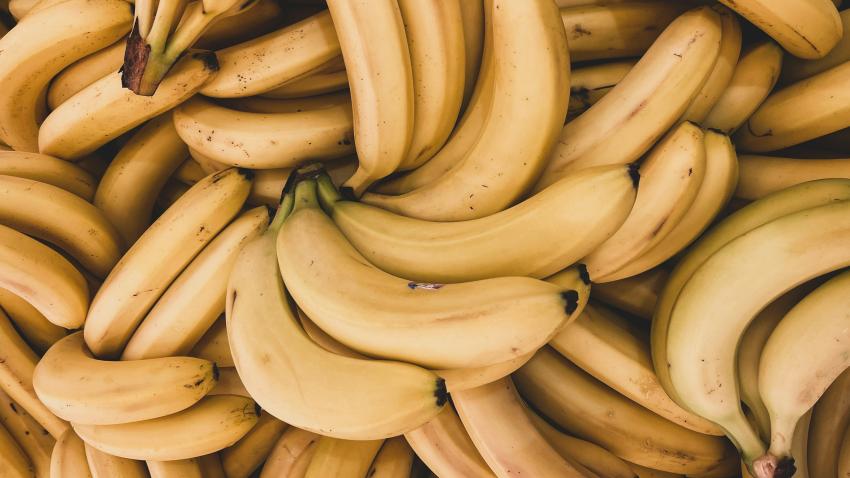

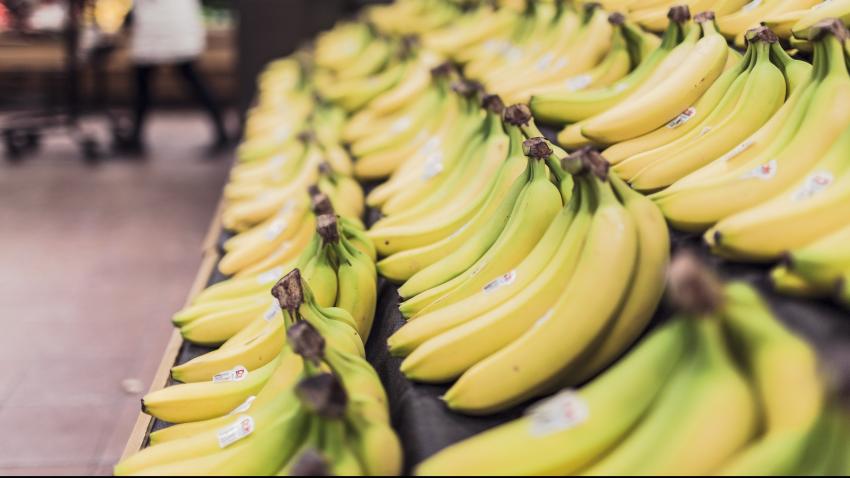







Add new comment